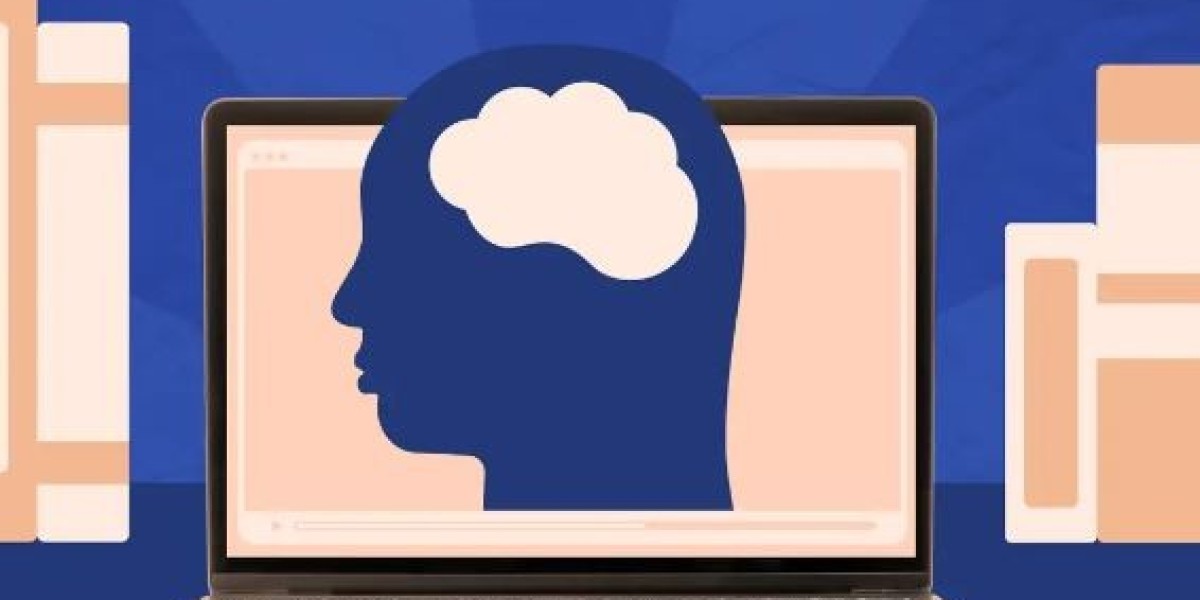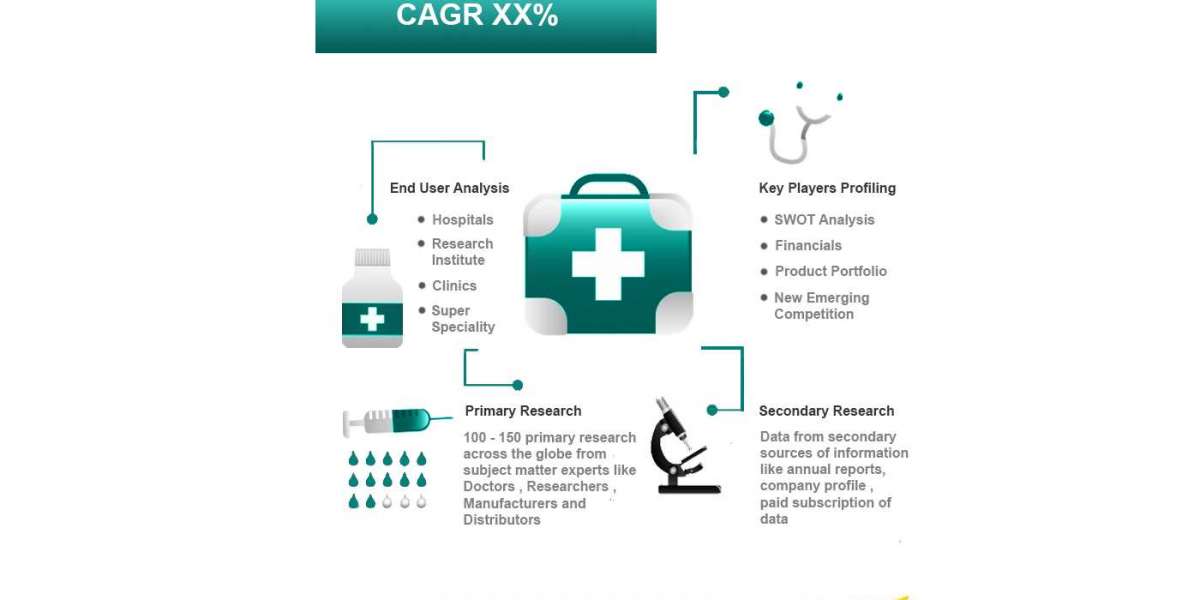Introduction
Mindfulness-based counselling hasbecome increasingly popular in recent years, and neuroscience has provided valuable insights into how mindfulness can positively impact the brain and body.
The Basics of Mindfulness
Understanding the Concept of Mindfulness
The Benefits of Mindfulness for Mental Health
The Relationship between Mindfulness and the Brain
Incorporating Mindfulness into Counselling Practice
The Benefits of Integrating Neuroscience into Mindfulness-Based Counselling
Understanding the Science behind Mindfulness
Enhancing Self-Awareness and Mindfulness
Improving Emotional and Physical Regulation
Promoting Resilience and Coping Skills
Developing More Effective Treatment Plans
Techniques for Integrating Neuroscience into Mindfulness-Based Counselling
Mindfulness-Based Stress Reduction (MBSR)
Mindfulness-Based Cognitive Therapy (MBCT)
Acceptance and Commitment Therapy (ACT)
Compassion-Focused Therapy (CFT)
Mindfulness-Based Relapse Prevention (MBRP)
Tips for Enhancing Your Knowledge of Neuroscience in Mindfulness-Based Counselling
Attend Workshops and Continuing Education Courses
Read Books and Articles on Neuroscience
Seek Out Mentors and Peers in the Field
Incorporate Neuroscience into Your Practice
5.Stay Up-to-Date with Developments in the Field
Challenges in Integrating Neuroscience into Mindfulness-Based Counselling
Resistance to Change
Lack of Resources or Training Opportunities
Difficulty Integrating Techniques with Other Approaches
Balancing Client Preferences with Your Own Approach
Overcoming Personal Biases or Limitations
Conclusion
Integrating neuroscience and counselling can enhance the effectiveness of treatment plans and promote greater self-awareness and mindfulness for clients. By continually enhancing your knowledge of neuroscience and incorporating techniques such as MBSR, MBCT, ACT, CFT, and MBRP, you can provide better outcomes for your clients and build a successful practice that promotes healing, transformation, and personal growth. Remember to attend workshops and continuing education courses, seek out mentors and peers in the field, and stay up-to-date with developments in the field to continuously improve your practice.








